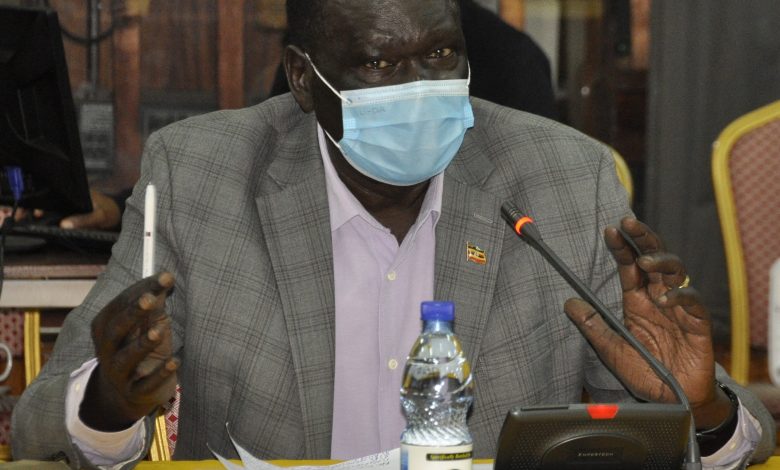Uganda spends over Shs4.9trillion on buying firewood for refugees annually
The report highlighted that new arrivals have continued to enter the country mainly from the Democratic Republic of the Congo (DRC) and South Sudan.

The Office of Prime Minister (OPM) has revealed that Uganda spends $1.3Bn (Shs4.944trn) annually on refugee response, of which, Shs4.019trn goes towards the purchase of firewood for refugees to cook their food.
The Minister of Relief and Disaster Preparedness, Hillary Onek, noted that 97% of the refugees use firewood.
“97% refugees (1.3m refugees) use firewood, each consuming 1.6Kgs per year valued at Shs5000 per day as indicated by research reports of Food & Agricultural Organisation (FAO), World Bank, World Food Programme (WFP),” he said.
He further revealed that government plans to borrow Shs1.059trn from World Bank to support refugees living in Uganda.
“We are now negotiating with the World Bank for more money, US$280M (Shs1.059Trn) to go again to those districts this time around, to enforce on whatever we have done and in the next project, we shall expand to cover transit district for refugees like; Bundibugyo, Amuru, Kisoro, Kitgum. To ensure that the services there can meet the demand of the kind of population that is coming,” Minister Onek said.
According to a report from the United Nations High Commission for Refugees (UNHCR), by the end of June 2023, Uganda was hosting 1,561,634 refugees and asylum seekers.
The report highlighted that new arrivals have continued to enter the country mainly from the Democratic Republic of the Congo (DRC) and South Sudan.
“Since the beginning of the year, Uganda has received 34,436 refugees from DRC (16,191) and South Sudan (18,245). There are 367 new arrivals from Sudan since the onset of violence there. By nationality, 263 are from South Sudan and 104 from Sudan,” reads an exerpt.
The number of new arrivals, the report noted that it has led to overcrowding at some of the collection facilities.
“At the end of June, there were 5,035 individuals in the transit centres and collection points (2,292 in West Nile and 2,743 in the Mid and South-West,” the report stated.






